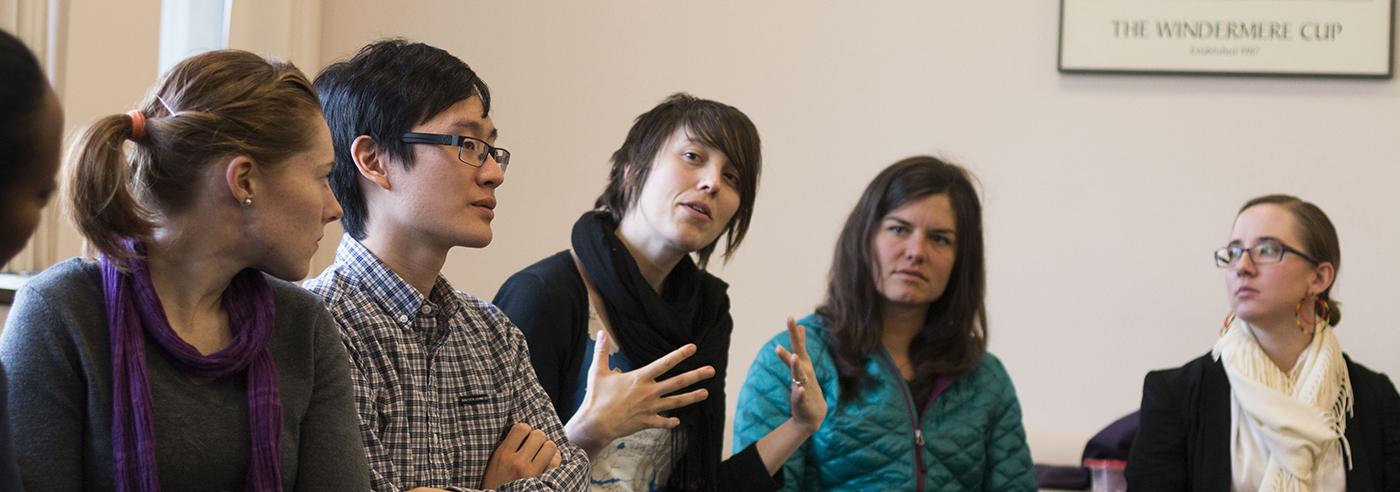Students complete a minimum of nine credits through either a thesis or capstone as their Integrative Learning Experience. Students work closely with a faculty supervisory committee who assist the student in the planning, execution, and write up of the thesis or capstone. Students spend on average 6-8 months on their ILE, generally during the summer after their first year and throughout their second year. Students can travel for their ILE or remain in Seattle.
Thesis
A thesis is evidence of a graduate student's ability to carry out independent investigation and to present the results in a clear and systematic form. The DGH MPH Program expects a masters’ thesis to be of publishable quality, and a benefit to the student author and faculty members on the committee, as well as to the organization and/or community that provided the data. A thesis is an independent scholarly analysis of a research-based project that aims to generate new knowledge of a public health problem with broad implications or a practice-based analysis addressing a very specific public health problem in a distinct cultural setting.
The UW Library system has copies of all student theses; click here to see examples of our student's MPH thesis projects.
A capstone provides an opportunity for students interested in public health practice to contribute to solving a public health problem in a meaningful, effective, and culturally appropriate way, specifically by: finding and applying evidence-based solutions to a defined public health problem; exploring problem-solving methods in the contexts of specific communities and populations; and understanding the organizational, political, economic, and social contexts that can promote or constrain public health interventions.
 CloseFaculty Ahuoa Kone teaching an MPH workshop. Photo credit: Katherine Turner / School of Public Health.View image caption
CloseFaculty Ahuoa Kone teaching an MPH workshop. Photo credit: Katherine Turner / School of Public Health.View image caption CloseStudents in an MPH workshop. Photo credit: Katherine Turner/School of Public Health.View image caption
CloseStudents in an MPH workshop. Photo credit: Katherine Turner/School of Public Health.View image caption CloseFaculty Steve Gloyd teaching an MPH workshop. Photo credit: Katherine Turner / School of Public Health.View image caption
CloseFaculty Steve Gloyd teaching an MPH workshop. Photo credit: Katherine Turner / School of Public Health.View image caption